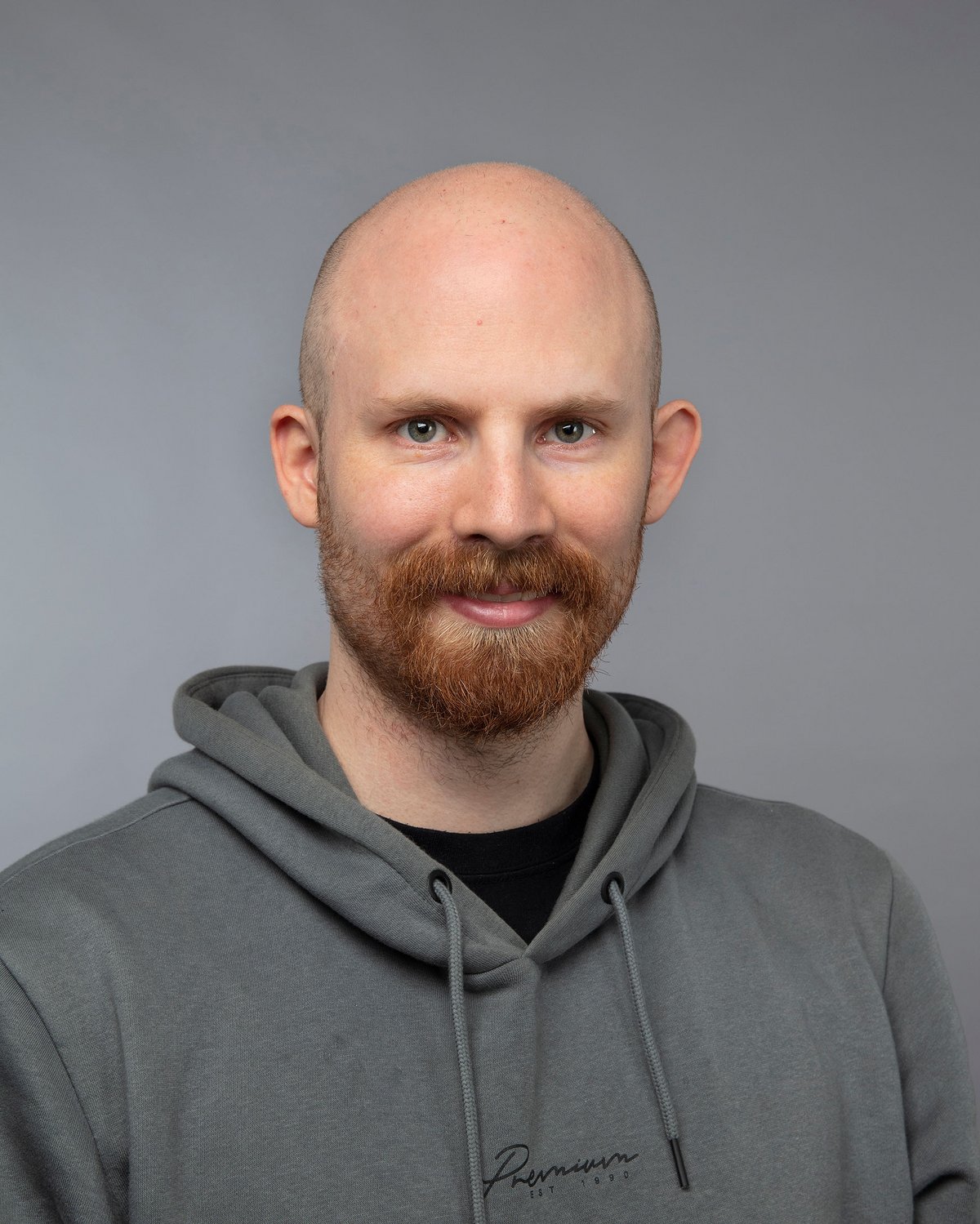Congratulations to assistant professors Davide Mottin and Chris Rene Schwiegelshohn who have been selected as Sapere Aude Research Leaders 2021 by Independent Research Fund Denmark (Danmarks Frie Forskningsfond). Both Mottin and Schwiegelshohn are tenue track assistant professors hired by Department of Computer Science under the Aarhus University’s digitalisation initiative, which aims to ensure that Denmark remains at the forefront of IT by making substantial investments in IT research and education.
“I am very proud that two of our young research talents are acknowledged by the Independent Research Fund Denmark with this Sapere Aude grant. This allows them to continue their work on complex graph search and algorithmic challenges of Big Data. I am sure their research will lead to excellent results that can create a great impact in society,” says head of department Kaj Grønbæk.
The Sapere Aude grant is aimed at young excellent researchers with ambitious goals, which require a longer period dedicated to research. The instrument makes it possible to pursue their inventive and ambitious goals by carrying out and leading a research project over a period of up to 5 years. In 2021, 42 researchers are appointed Sapere Aude Research Leaders by Independent Research Fund Denmark. Their projects will in total be supported with DKK 254 million, and it is a great opportunity for the young researchers.

Chris Rene Schwiegelshohn, Tenure Track Assistant Professor
Algorithms and Data Structures research group
"The Sapere Aude grant will allow me to attract brilliant students and postdocs that will help me solve the most tantalizing open problems in big data analysis.
In the long run, I see Sapere Aude as laying the foundation of a strong machine learning group at Aarhus University."

Davide Mottin, Tenure Track Assistant Professor
Data-Intensive Systems research group
"This project is a centerpiece for my development as a scientist as it allows me to lead a group into the exploration of complex databases. Scientists, journalists, and information seekers face every day the pressing challenge of finding the correct information in a robust (i.e., insensitive to errors) manner. The KARE project tackles this challenge and promises to help several people and considerably impact society. For me having the possibility to study these problems and continue my research is an incredible opportunity for which I feel grateful"
Instrument: Sapere Aude Research Leader
Research project: Algorithmic Challenges of Big Data
Funding: DKK 6.2 million
In many fields of computer science, much of the recent advancement have been driven by the increasing amount of data available and techniques developed to deal with these massive inputs. The era of big data has ushered a paradigm shift in algorithm design; algorithms and models of computation considered efficient in the past are no longer viable when dealing with enormous datasets.
In the present day, datasets are no longer small samples generated in a lab but are pooled together from various sources all over the world. This raises the issue of scalability: How do we store the data? How do we extract information from the data? And how do we exchange the information? This project deals with the challenges of performing modern data analysis at scale.
Among the key directions in modern algorithm design is the notion of sketching. Sketching has seen tremendous success, not only for the immediate task of data compression, but also for streaming algorithms, compressed sensing, dimension reduction, and basic algorithmic questions such accelerating convex optimization or nearest neighbor searching. Understanding the power and limitation of sketching is of particular importance in machine learning. From a purely empirical standpoint, better sketching algorithms for machine learning problems such as linear regression or clustering make these algorithms more widely applicable.
As a design paradigm, sketching has been proven adaptable and powerful enough to optimally or near optimally address many important machine learning problems, including fast algorithms for regression, dimension reduction and compression for clustering.
In the long run, Schwiegelshohn hope that the work on making data analysis scalable will become standard component of every machine learning library. Indeed, it can be argued that the field has only now reached a level of maturity to answer the truly important questions; making this an ideal opportunity to further shape and cultivate an already booming field.
Instrument: Sapere Aude Research Leader 2021
Research project: KARE: Robust Exploratory Search in Large Knowledge Graphs
Funding: DKK 6.2 million
In the KARE project, assistant professor Davide Mottin sets out to investigate how to assist the user answer complex questions on millions of facts even if the data contains errors.
Connections among entities (e.g., people, sensors, articles) form networks that help to understand important phenomena, such as the spread of a virus. These networks constitute an inestimable knowledge heritage; we call such networks knowledge graphs. Domain experts in several critical disciplines, from medicine to social science, need to excerpt information from knowledge graphs through search queries. However, finding the right piece of information is problematic, as the data might contain errors, and often the domain expert is not an expert on data.
Existing methods for searching and correcting errors in knowledge graphs are not exploratory and return answers all at once, disregarding user expertise and feedback. This often-overlooked aspect yields unsatisfactory results and negatively impacts scientific advancements. This project proposes robust exploratory search to correctly answer exploratory queries regardless of errors in the query or in the data.
Mottin hypothesize that by (1) guiding the user step-by-step towards the right answer and (2) employing domain expertise in correcting errors in the data, it will be possible to considerably reduce errors and allow for much faster retrieval of the correct information. This project advances Mottin’s previous research results within novel algorithms, theories, and tools that expands recent results on query modification, knowledge validation, and interactive machine learning to deliver robust exploration of large knowledge graphs.
2021
2020
2019
2016
2015
2013
2012
2010